How you drive your EV is the most important factor in range maximization and hopefully this article will help you get the most from your EV when you need it to have the longest range possible.
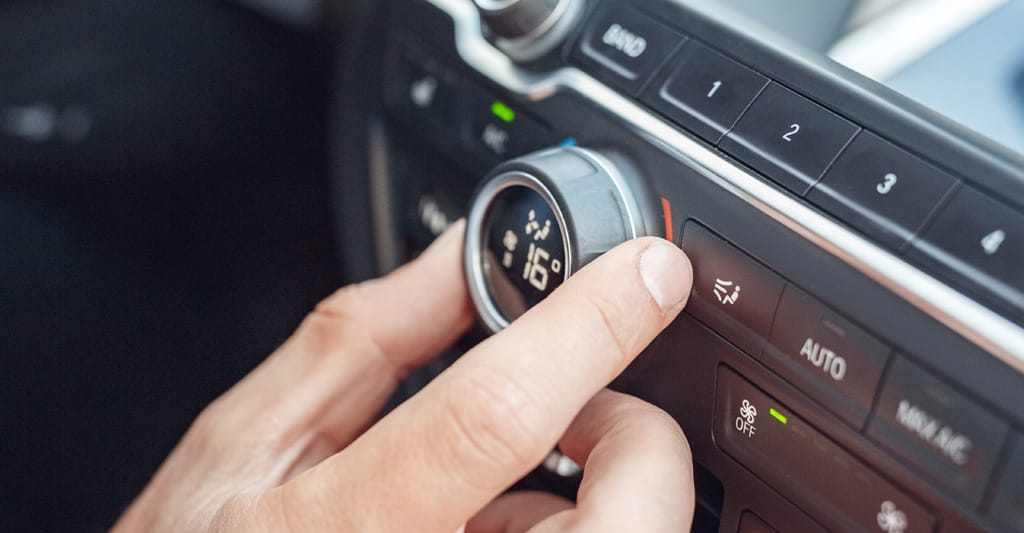
We get lots of enquiries from customers who are looking specifically for EV models that have a heat pump based heating system fitted, with many people believing that this is a critical factor when choosing the right electric car for them.
There are many factors to consider when deciding on the right EV for you (condition, colour, battery health, trim levels and spec,) so in this article we would like to explore how important having a heat pump in your EV actually is.
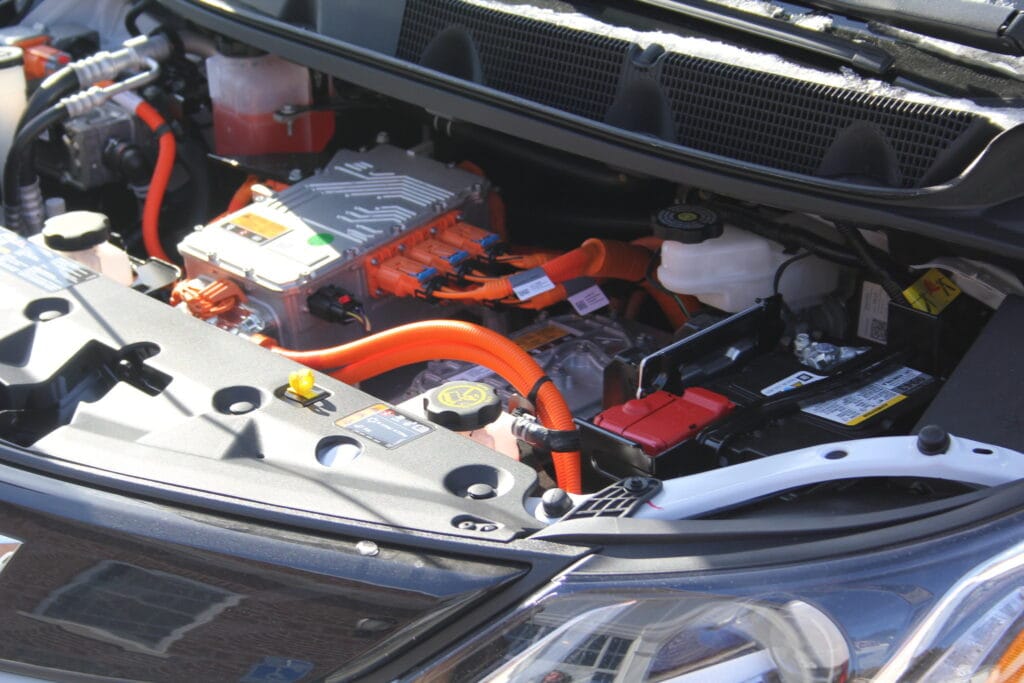
A heat pump is a heating system that uses compression to extract heat from the air or a heat transfer fluid, and in the case of an EV this normally includes heat generated by the battery in operation. In the same way a fridge uses this technique to keep cool, a heat pump uses it the other way round to heat your EV.
Because it is extracting heat that is already present, rather than generating heat like a normal EV heating system, it is much more energy efficient, and uses about a 3rd of the energy to create the equivalent heat, if used correctly.
The heating systems in EV’s take there power from the cars traction battery, so the more energy you use to heat your EV, the more driving range you will lose as a result.
This is where an EV heat pump becomes desirable, as it will increase the driving range of your EV in the colder winter month, as you will use less traction battery energy to heat the car interior.
This can give an EV with a heat pump up to an extra 10% of driving range in the colder winter months.
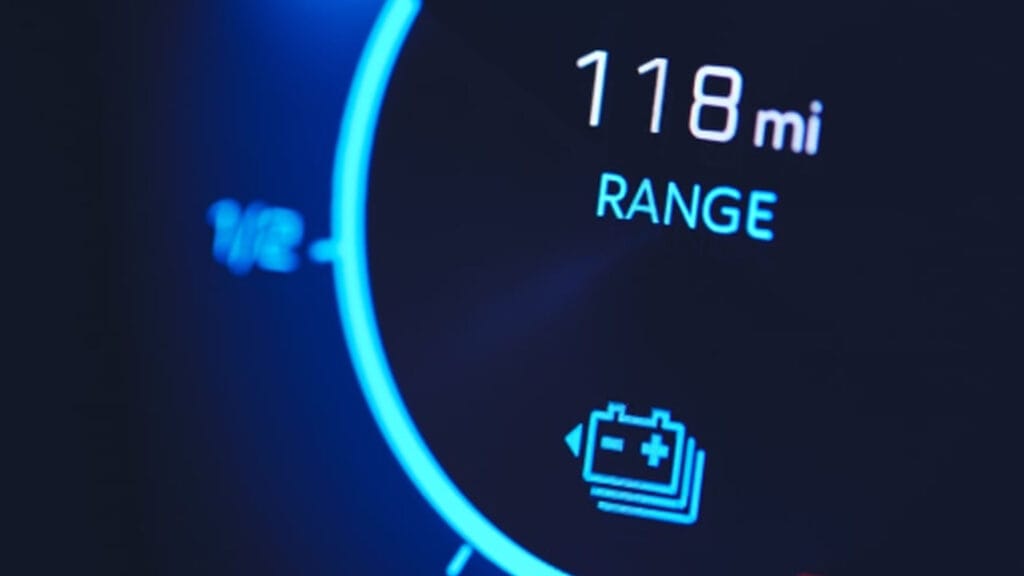
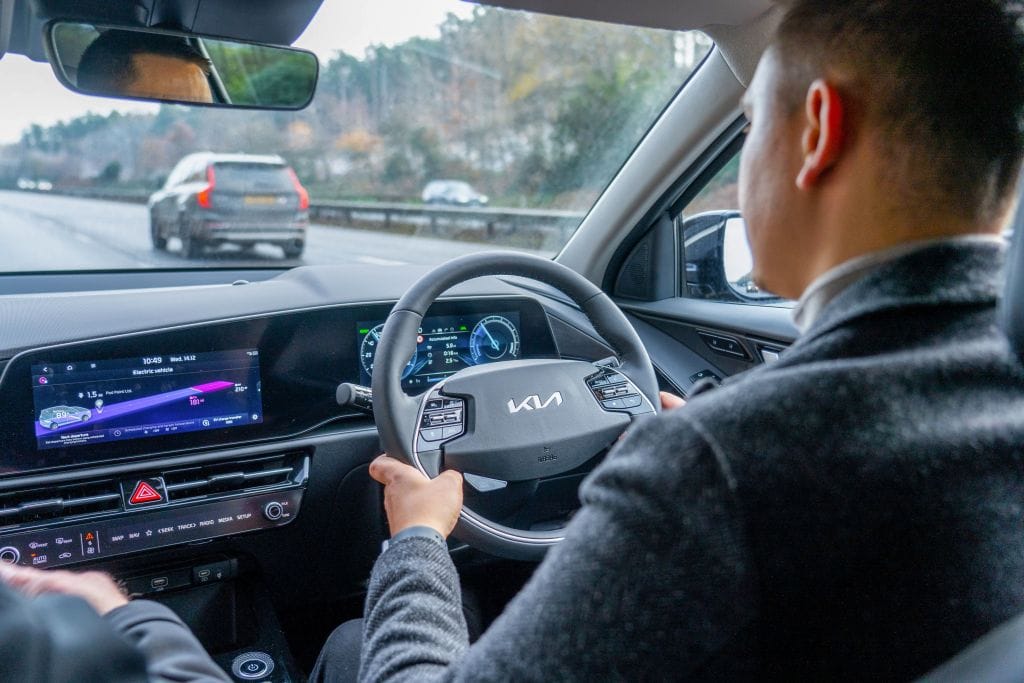
How you use your heating system in your car is also a factor in whether a heat pump will indeed add efficiency and preserve your driving range.
An EV heat pump is a more efficient heating system, but only if it adds small amounts of heat. Its highly efficient at maintaining a temperature, but not very efficient at increasing it substantially.
When using your heating system you will need to try and use it as efficiently as possible. Set it to the temperature you want it to sit at and leave it there to maintain itself. Don’t turn it up high to get the car hot, and then turn it down when it gets too hot, to just turn it up again. This is very inefficient and will use much more power.
If this is how you like to use your EVs heating system, then a heat pump will not yield the efficiency benefits you are hoping for.
Early EVs such as the earlier generations of Nissan Leaf and the Renault Zoe had heat pumps as standard. The reason for this is when your EV has only around 80 miles of driving range, maintaining as much of that range as possible in the winter months was critical in order to make these EVs practical for people daily drives.
If your typical daily drive is 50miles, when you have an EV that can perhaps only do 60 miles of driving in Winter, then making sure you maintain as much driving range as possible is critical. However when your EV has 270 miles + of range, the fact that it may only do 220 miles in winter is far less important.
As the driving range of EVs has increased it has become far less critical to have all of your potential range available all of the time, and as a result, heat pumps became much less common in EVs.
And in a bid to reduce the cost of EVs a heat pump became a option rather than a standard piece of equipment on most modern higher range EVs, as a heat pump adds approximately £1000 to the cost of the car.
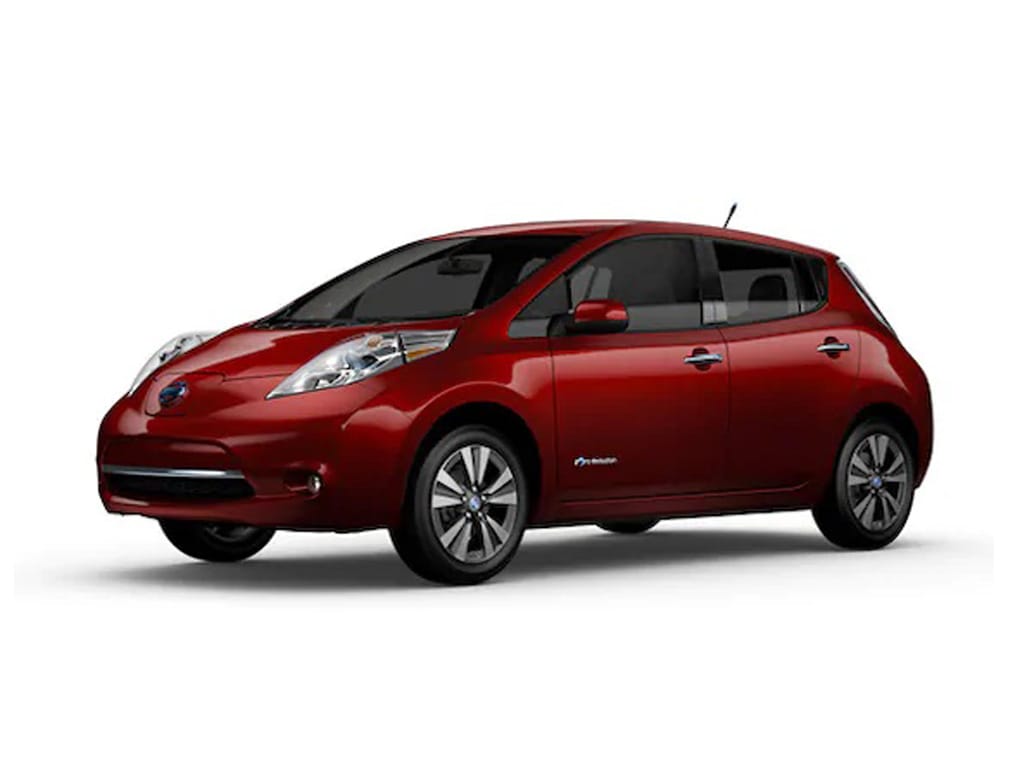
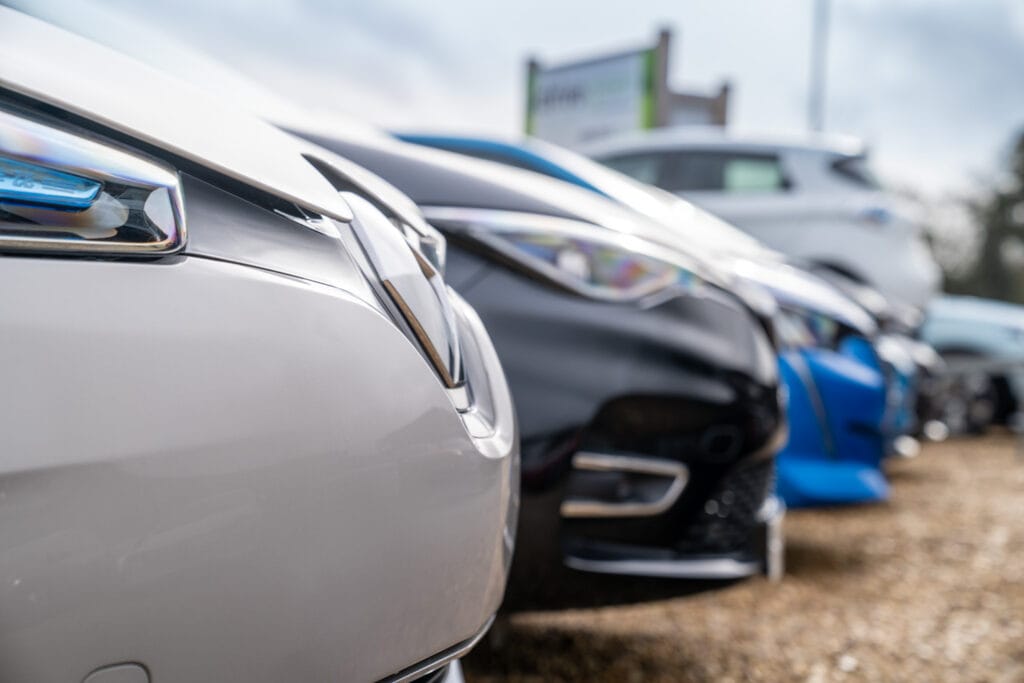
Like most EV selection decisions it is really important to understand your driving lifestyle to work out what you actually need in terms of range and the right EV for you.
If you are regularly doing long drives that push the range limits of your EV during the winter, then yes having a heat pump is a good idea. But if that isn’t the case and your long drives tend to be in the warmer months, or your regular driving falls well within the winter range limits of your car, then having a heat pump in your EV really isn’t necessary or important, and can save you money, and open up a wider range of choices of car.
This is why most modern EV, with their big driving ranges, no longer have heat pumps as standard – because for the majority of people this expensive addition is unnecessary.
Our advice is to understand your winter driving habits, and to focus on the other issues that make a desirable car for you (battery health, condition, colours etc.), unless you are driving long distances during the winter, in which case a heat pump will be a worth addition to your car.

